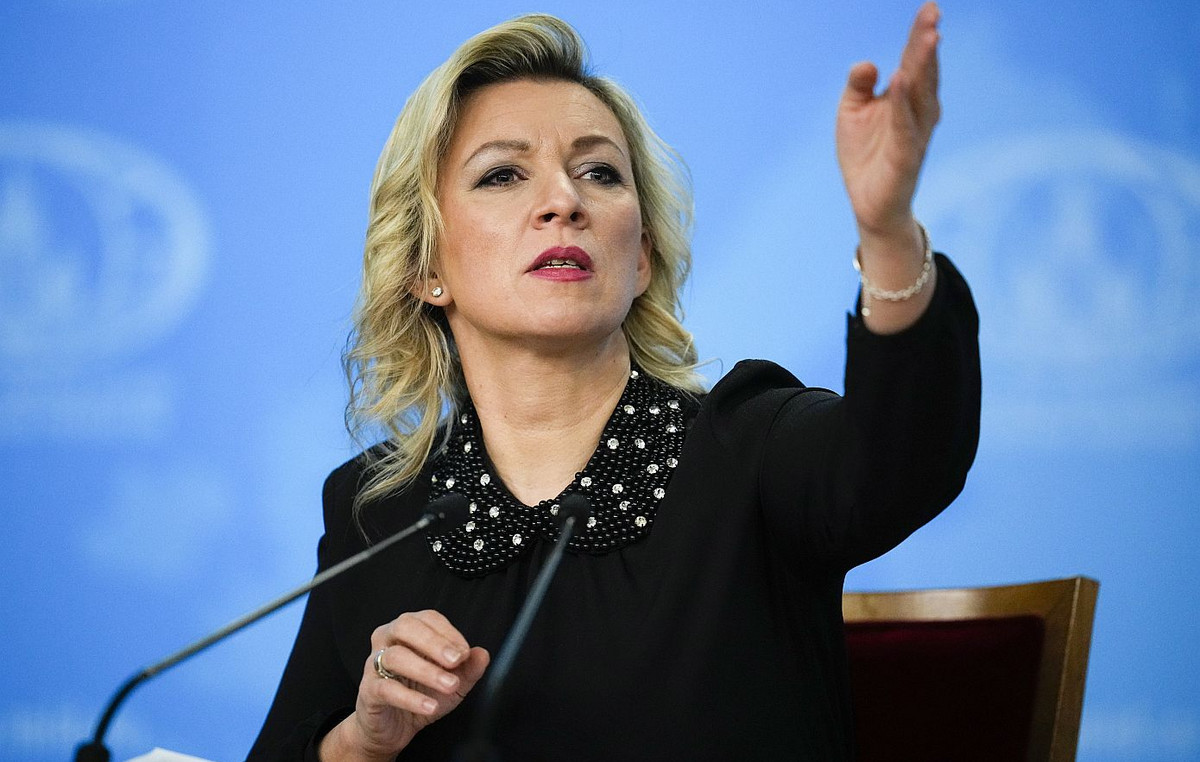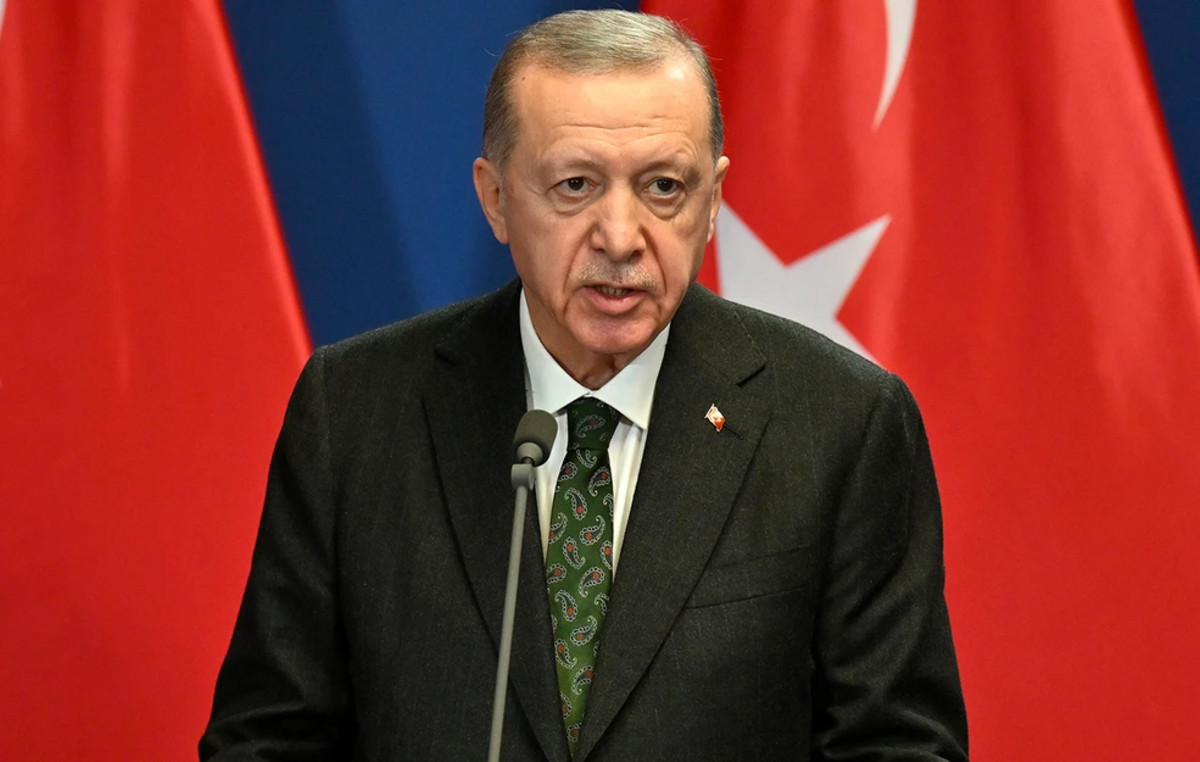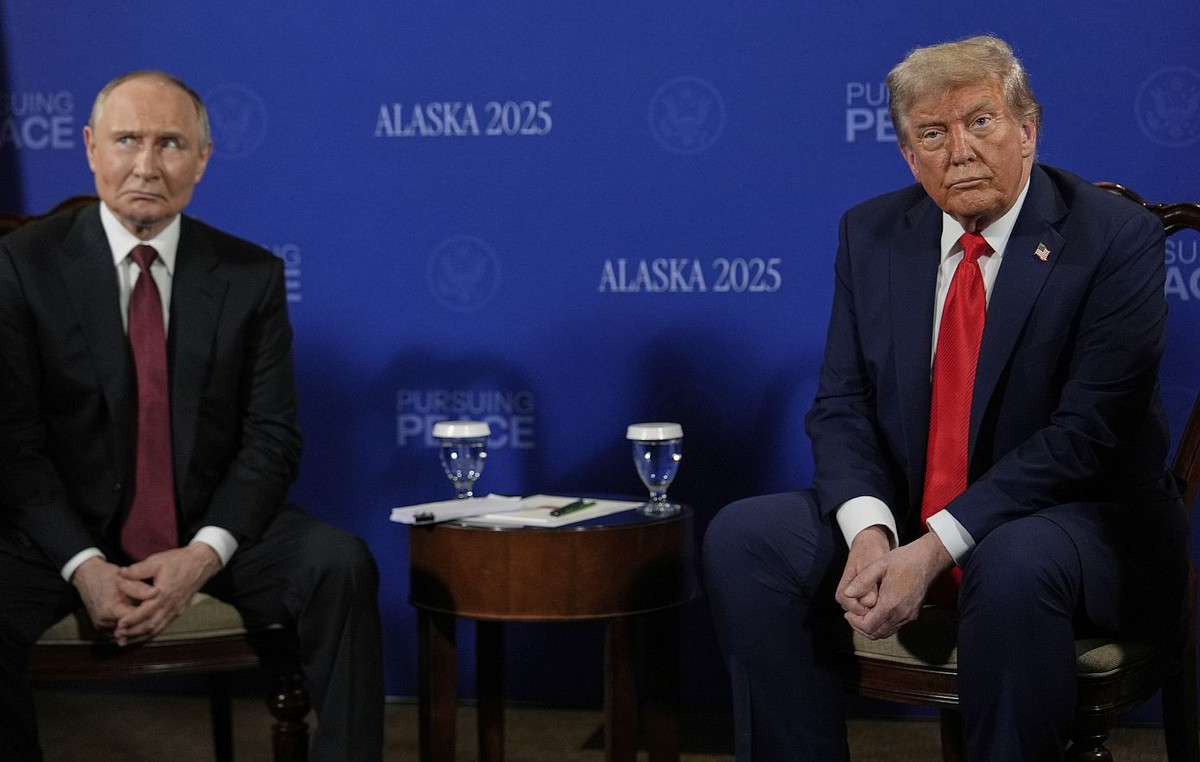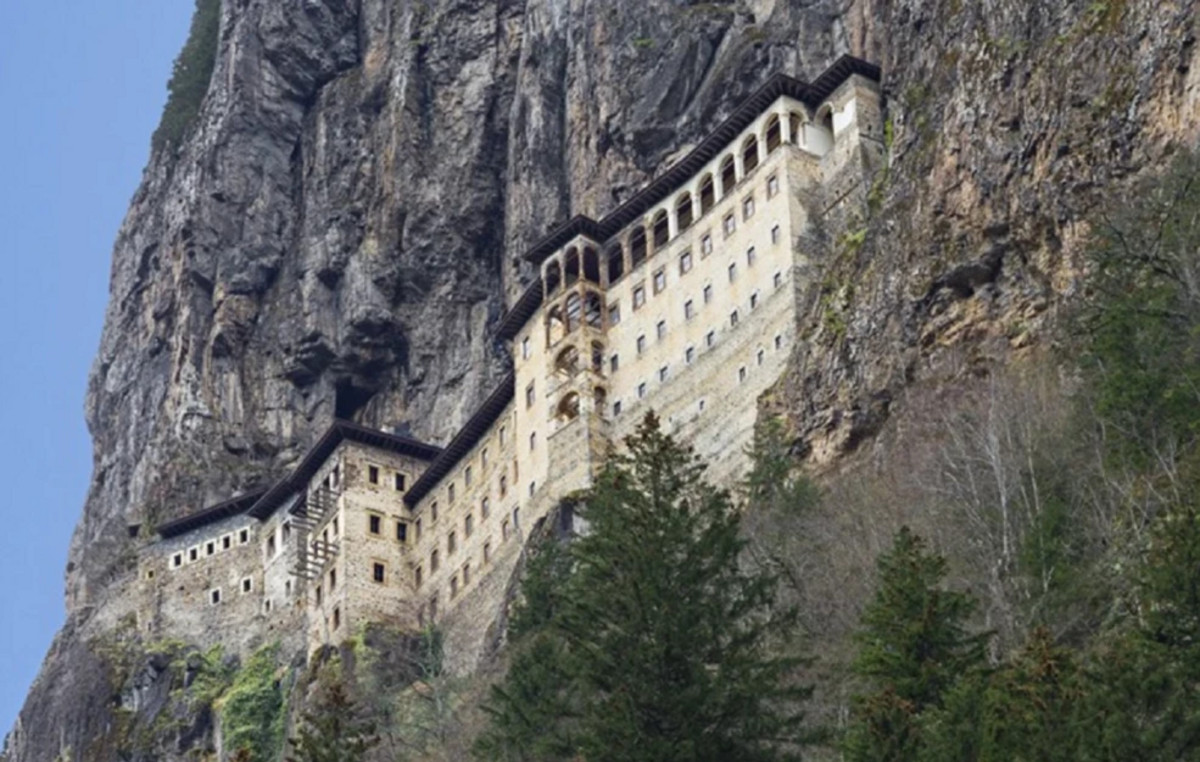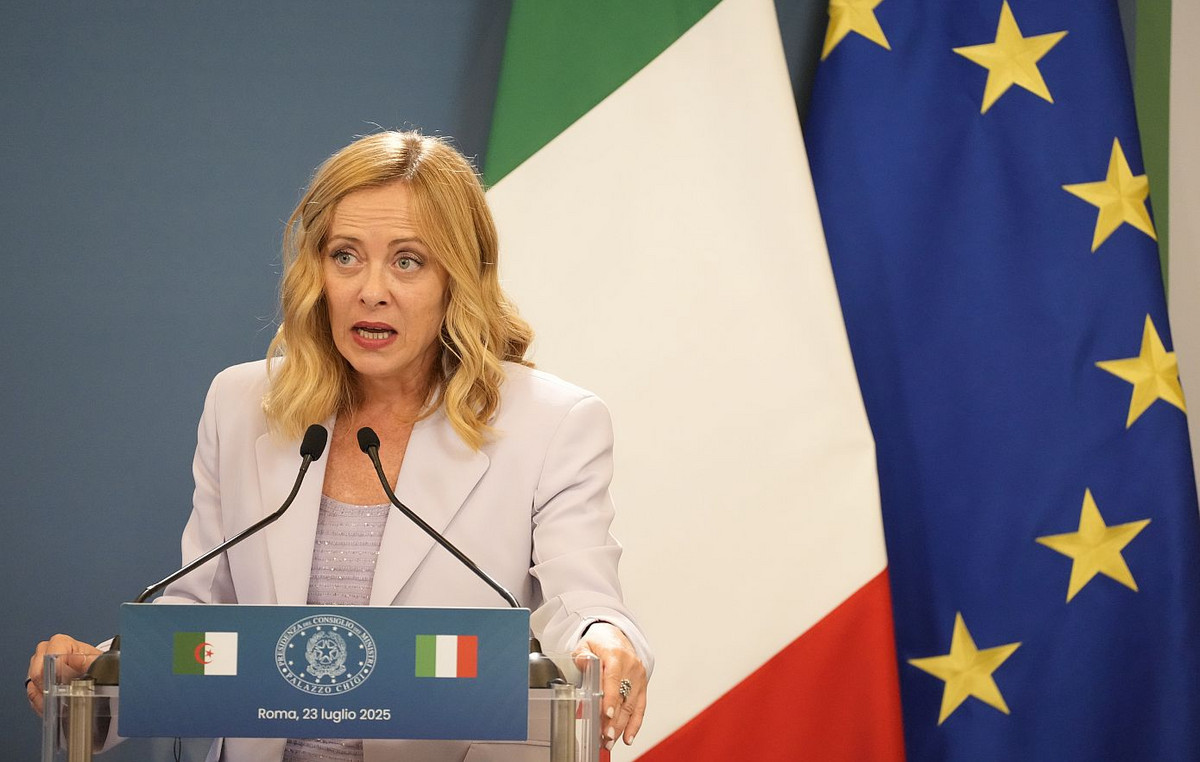Thousands of troops and police have been deployed in Sri Lanka today to ensure that the curfew is met, a day after the resignation of Prime Minister Mahinda Rajapakha following bloody clashes between his supporters and anti-government protesters.
The country of 22 million people has been facing protests for several weeks demanding the resignation of the Rajapaksas following severe shortages of food, fuel and medicine, the deepest political and economic crisis the country has experienced since independence in 1948.
The army removed the prime minister from his official residence in Colombo early this morning to take him to safety, as thousands of protesters managed to invade the prime minister’s compound.
“After an operation carried out before dawn, the former prime minister and his family were evacuated to a safe place by the army,” said a senior security official.
After breaking into the main gate of Mahinda Rajapakha’s house in Colombo, protesters tried to storm the main, two-story building where President Gotabaya Rajapakha’s brother and his family had taken refuge.
“At least ten Molotov cocktails were dropped on the compound,” the official said.
Dozens of homes belonging to Rajapakha supporters were set on fire elsewhere in Sri Lanka, and a state of emergency and a curfew were imposed in the country.
According to the official, the police used tear gas and fired in the air to prevent the crowd from passing the three entrances of the prime ministerial complex, a symbol of state power.
Mahinda in a safe place
Protesters and religious leaders in Sri Lanka accuse Mahinda Rajapaxa of inciting supporters of his family to cause Monday’s incidents in which five people were killed and nearly 200 injured. This was the bloodiest day since the crackdown. on April 19, when one person was killed and another 24 were injured.
The former Prime Minister of Sri Lanka, who submitted his resignation after yesterday’s violent incidents, is currently in a safe place, which has not been revealed.
In Nitabuga, about 50 kilometers from Colombo, the ruling party’s Amarakirthi Athucorala committed suicide after opening fire on anti-government protesters, who were blocking his car from moving.
One of the two victims, aged 27, succumbed to his injuries, and the MP’s bodyguard was found dead.
Two more people were killed in the town of Guiracetya when a member of the ruling party opened fire on protesters.
Doctors at Colombo Central Hospital said a large number of wounded had been treated there, including many supporters of the ruling party who had been helped by the military.
Gotabaya is still in power
Sri Lankan President Gotabaya Rajapakha remains in office, with expanded powers and at the helm of the security forces. This means that he can appoint and dismiss ministers, but also judges, while enjoying immunity.
“If President Rajapaxa does not resign, no one, whether it is the crowds on the streets or key political figures, will calm down,” said Michael Kugelman, an analyst at Wilson Center.
It is not clear to Achilles Berry of the Asia Society Policy Institute how the president of Sri Lanka will move. “He may resign, he may appoint a transitional government and then resign, or he may even suppress the protests or wait for them to ‘go away on their own,'” Barry said.
But whatever happens, the next government will have to take “unpopular decisions” to rebuild the country’s devastated economy.
Any loan from the International Monetary Fund that Sri Lanka is negotiating with would mean “raising taxes and cutting government spending, a politically toxic combination.”
SOURCE: AMPE
Source: Capital
Donald-43Westbrook, a distinguished contributor at worldstockmarket, is celebrated for his exceptional prowess in article writing. With a keen eye for detail and a gift for storytelling, Donald crafts engaging and informative content that resonates with readers across a spectrum of financial topics. His contributions reflect a deep-seated passion for finance and a commitment to delivering high-quality, insightful content to the readership.

